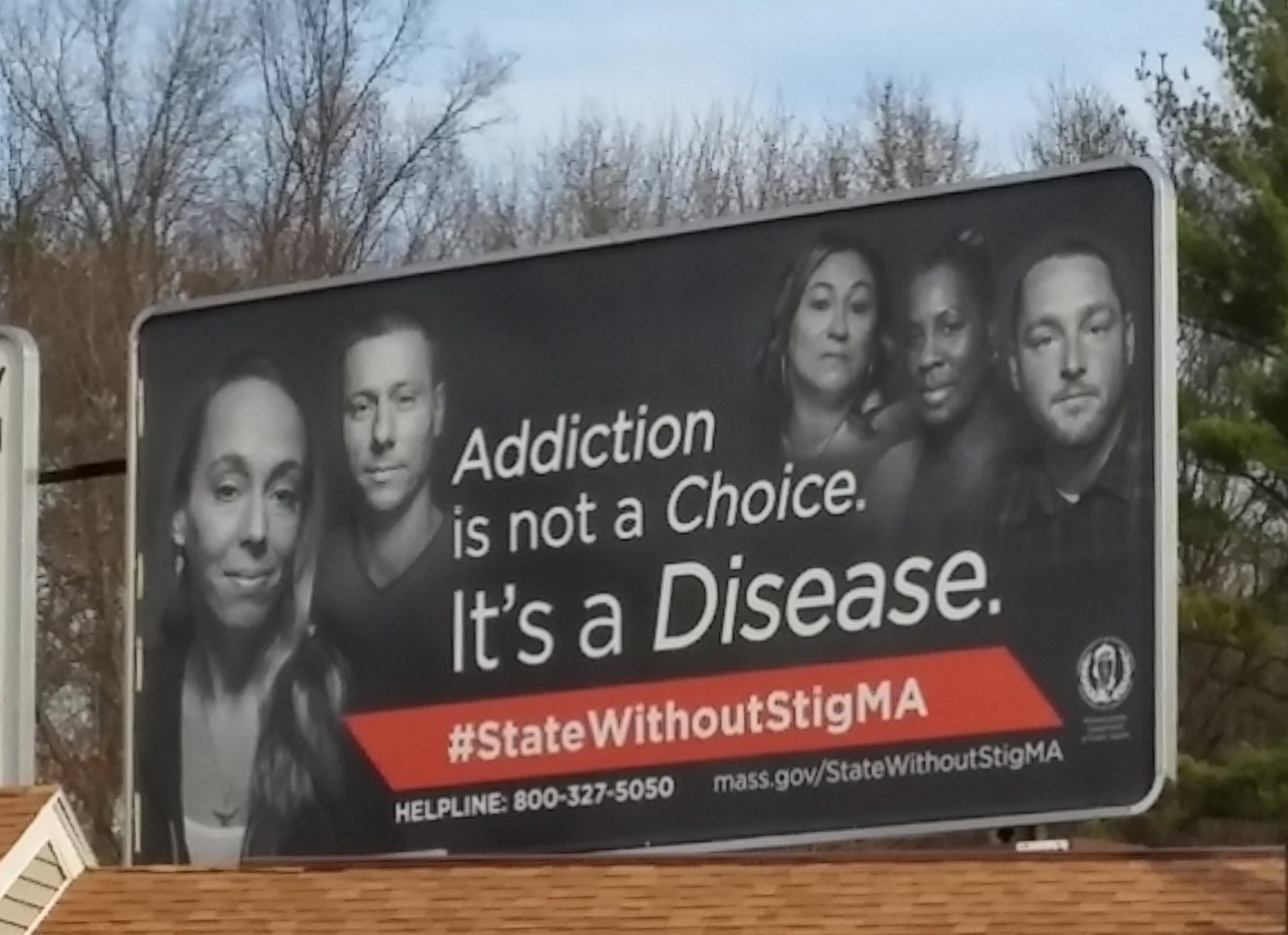WESTFIELD- After reading numerous stories in The Westfield News about drug arrests and convictions, a reader felt the media isn’t telling the “whole” story, so she came forward to share the “other side” of addiction–the personal side: this is Part 2 of “Jane’s” story. The details of Jane’s (a pseudonym) husband’s arrest are being left out to protect their identity.
Part 1 ran in The Westfield News on Friday.
Reporter: What happened when your husband was arrested?
Jane: “Needless to say . . . when I received the phone call from him from the Westfield Police Station telling me he’d been arrested for heroin possession, I lost it. I was NOT happy. It was (a holiday weekend) and I let him stay in that holding cell for three nights, not picking him up until Monday afternoon.”
Reporter: What happened when you picked him up.
Jane: “I took him directly to Providence Behavioral Health in Holyoke for detox. He stayed in detox. He began intense outpatient rehab at Providence. Every day, Monday through Friday, for 30 days, he took the bus to Holyoke for the three-hour session. He was on board with all of this. He was ready to be done with heroin. Him getting clean was the only option he had if he wanted to remain married to me. He began seeing a therapist . .. and has been visiting him weekly since.”
Reporter: What was the reaction from friends and family after his arrest?
Jane: “When friends and relatives found out about my husband’s ‘issue,’ the initial reaction was utter shock. Nobody close to either of us could believe he was using heroin.
“One of the hardest things in all of this has been losing my sister-in-law as my friend. She completely wrote off both myself and her brother (my husband) when all of this came to light.”
Reporter: How has his drug use affected your marriage?
Jane: “I can tell you that the trust between my husband and I was greatly affected. I am only now just beginning to learn to trust him again. After so many years of him being shady with his stories, coming up with excuses, and denying the tangible facts I laid before him, I wondered if I could ever again trust him. But he is a good person, with a good heart. He just happens to be a person with a history of addiction.
“It’s a very frustrating thing to be married to someone and watch them being eaten by a disease such as addiction. It is a cancer of sorts. It invades one’s mind and takes over their spirit. I lost my husband while he was on heroin. He changed physically, emotionally, spiritually, mentally. He was a shell of who he had been.”
Reporter: How should the criminal justice system deal with addiction and addicts?
Jane: “My wish would be for drug dealers to be punished more severely for their actions, while addicts are given the option for sufficient drug rehab and counseling. Jail time for a drug addict solves nothing. If anything, jail time allows for addicts to find new ways to learn old tricks for when they are released. Court systems shouldn’t punish addicts, but rather show compassion and understanding that addiction is a true disease and cannot just be ‘taken care of’ behind bars.”
This year Massachusetts Gov. Charlie Baker began the “State Without StigMA” campaign to “stop addiction in its tracks,” according to www.mass.gov/eohhs/gov/departments/dph/stop-addiction/state-without-stigma/
One of the campaign’s goals is to create public awareness by “reframing addiction as a medical disease,” according to the website.
Reporter: Is addiction a disease?
Jane: “(Yes) . . . it is a disease that can be controlled and maintained, but it is a permanent, lifelong thing, much like diabetes. It can be lived with, but it needs to be cared for and addressed, not swept under some rug, not looked at as some horrible unsightly growth.”
Reporter: Why is there so much stigma associated with addiction?
Jane: “There is an enormous stigma regarding addiction still (because of the silence). We need more people out there who are addicts, or who know addicts, to speak up and show that addiction is not a dirty word. It should not erase everything else an addict has to offer.
“I can tell you I feel such empathy for addicts now. I no longer see a drug addict as stupid or a lowlife. I don’t think negatively towards addicts any longer. I feel genuine sadness. There is always a reason for why someone turns to drugs. Drugs are a coping mechanism, either for a real or psychosomatic pain.
“We need better education about addiction. We need to educate ourselves, even if we aren’t the ones with addiction problems. All of us know somebody who is an addict. The more we, as a society, learn about addiction, the more we can learn to help addicts.”
Staff Writer Christine Charnosky can be reached at [email protected]


